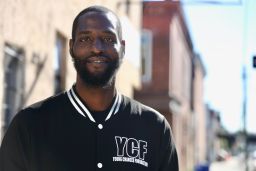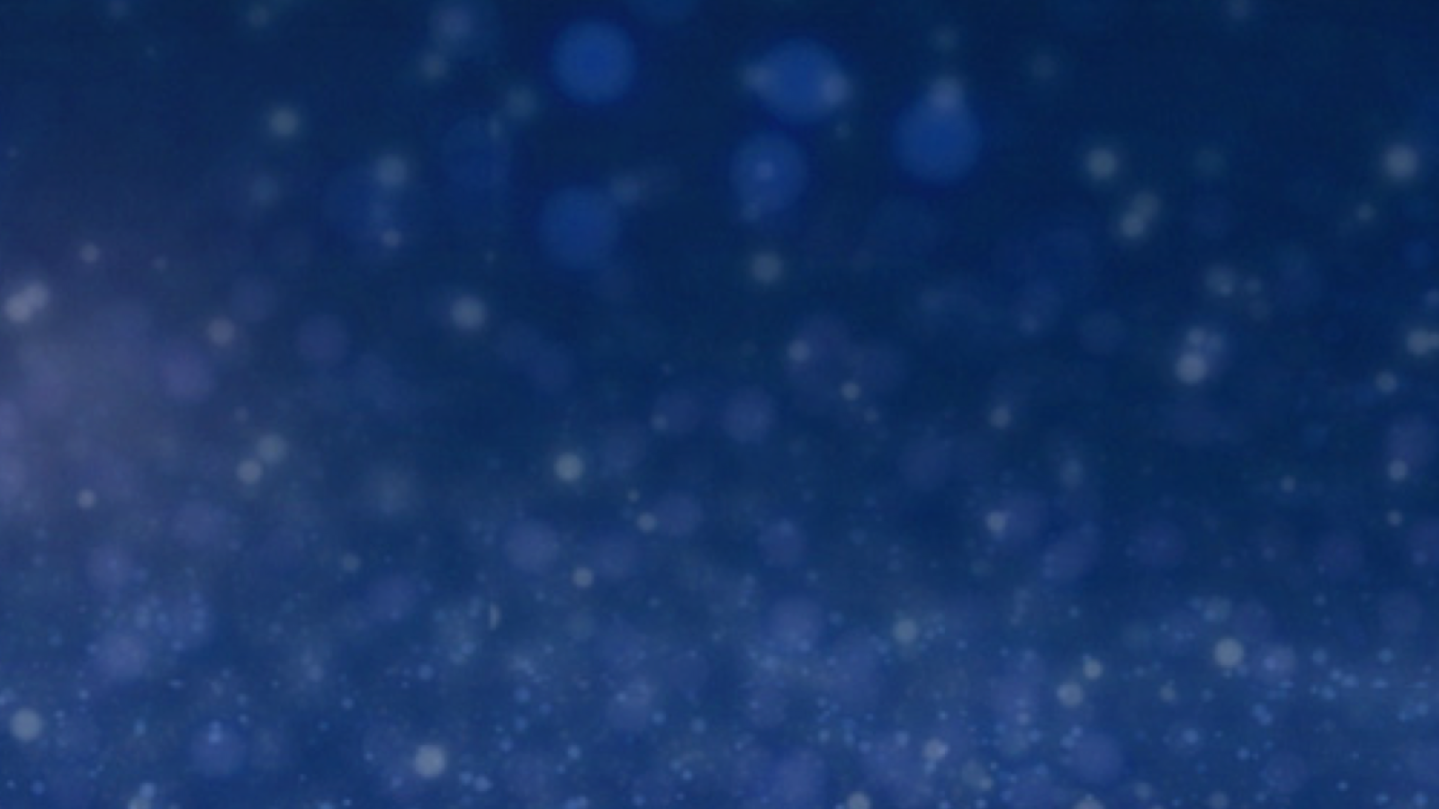Tyrique Glasgow’s life has always revolved around his South Philadelphia neighborhood, and gun violence has always been a part of it.
When he was just 8 years old, he heard his grandmother’s screams after she was told that his uncle had been murdered. He lost multiple cousins and friends in shootings. At 15, he got sucked into street life – selling drugs and eventually controlling a specific block of his neighborhood.
“When you run a block, like, you are the face. You’re the one who that community of people know. You set rules and boundaries,” Glasgow, now 39, said. “It’s a dangerous life, but it’s a normal life.”
Over the next few years, he was shot 11 times, he said – in his head, back, legs and arms. In 2006, he was sent to prison on drug charges where, eventually, he had a change of heart.
“I started to see what I was doing wrong,” he said. “The time-out definitely was needed.”
When Glasgow returned home in 2011, he was trying to find a new path when a local boy asked him for help with a flag football team. Glasgow ultimately agreed to be the coach.
“I got tired of my community following me in a negative direction and I wanted them to follow me in a positive direction,” he said. “The kids really gave me a purpose.”

Soon he found himself organizing a girls dance team, and by 2012, he’d started the Young Chances Foundation to help give young people a chance for a better life. Over the next decade, his work grew to include summer camps, holiday events and afterschool activities.
Three years ago, Glasgow opened a community center that’s become a source of support for the whole neighborhood. Now, on the block where he once sold drugs, he provides food, necessities, and resources to hundreds of local residents every week.
“The same ones that we were giving negative stuff to, now we can give positive resources,” he said.
Open six days a week, the center is now a community hub. Hot meals are distributed twice a week and a host of essentials – groceries, diapers, clothing, school supplies and PPE – are always available to anyone for free.
In addition, Glasgow helps connect people with resources for GED classes, rental assistance, addiction treatment or mental health counseling. He believes that everything he provides makes lives better and the neighborhood safer.
“It helps reduce poverty, stress, trauma,” he said. “And when your quality of life is up, the crime goes down.”
Glasgow continues to provide free youth programs, like tutoring, sports, and afterschool care, and he reaches out to the area’s young adults by offering support without judgment.
“I try to bring people to the table to take them off the menu,” he said. “They accept me because I don’t point the finger at them. I look at them and see me. I’m one of them.”
He’s also built a strong partnership with police, who’ve long supported his work, and he encourages community dialogue by holding roundtable discussions with residents and officers about local issues.
“Seeing the officers in a different light, it builds trust, and it builds confidence. (The police officers) built that same trust with me,” Glasgow said. “They need to see that all cops aren’t bad.”
His approach seems to be working. Last year, Philadelphia had a record number of homicides, nearly 90% of which were caused by guns. But in Glasgow’s neighborhood, shootings are down dramatically, according to the Philadelphia Police Department’s 17th District. Police officers say that the Young Chances Foundation is part of the reason why.
Ultimately, Glasgow wants his neighbors to not only live, but thrive.
“We’re trying to create a safe haven and environment for the whole neighborhood,” he said.
“We want them to see a brighter day.”
CNN’s Kathleen Toner spoke with Glasgow about his work. Below is an edited version of their conversation.
CNN: You do so much work through your center, but you also started a community garden last spring. Why was that important to you?
Tyrique Glasgow: The community garden is an essential piece of our community. It was a vacant lot – an eyesore, a place where they stashed guns and drugs. But studies showed that if we could clean it up, it would drop the violence in our community. Now, we’re turning it into a vegetable, fruit and produce garden. It’s a safe place for our children and it’s becoming a positive outlet for energy in our neighborhood. Everybody in the community played a role in starting it – from planting seeds or pulling weeds.
It’s dedicated to Tynirah Borum, a 3-year-old who was killed while getting her hair braided in 2014. It’s not a shrine to violence, but Tynirah won’t be able to graduate, go to her prom, have a child, and we want to make sure that every other child can have those things. It’s not going to happen overnight. It’s going to take time. And that’s what the garden is showing us. It symbolizes everything that we want in our community. It’s reimagining our quality of life.
CNN: You’re also part of an effort to rename a local street. What’s that about?
Glasgow: Taney Street is basically where I started selling drugs, and it turns out it’s named after Roger Taney, the Supreme Court justice (who wrote) the Dred Scott ruling, which basically said that Blacks weren’t equal to whites. It’s so offensive. It doesn’t represent what we stand for today. But there’s a coalition that’s trying to change the name. We took surveys, hosted community meetings, and we’re now trying to rename it after Caroline LeCount, a Philadelphia school teacher who integrated the streetcar system. She was basically our Rosa Parks. She is a positive symbol who provided education and stood up for social justice. Now we’re just waiting on city council to make the formal change.
It’s about taking ownership of the community, but also doing your homework on the history of it. This also shows our young people so they can be the next face that goes up there on the next street sign. We’re really just trying to change the images that our kids and our families see.
CNN: You’ve made a lot of progress, but you’ve also had some losses. Who is Nasir Livingston and what role did he play in your work?
Glasgow: When I came home from jail, I had a “Little me” in the neighborhood – Nasir. And what he did was really promote what the kids wanted, which was to play flag football. So, he drove me to start the programs and really got me both feet into organizing. But he got killed at 17. That was a major, major, major loss. He was someone that I thought that no matter what, ‘I got him.’ And to hear that gunshot – it hurt me. So, he really is a symbol of who we’re trying to save. And he’s still influencing how I move forward. What conversation can we have to make sure that doesn’t happen? What resources are lagging that we can build? That’s why I go as hard as I can. That’s how you protect your village. I want to make sure we don’t lose any more.
Want to get involved? Check out the Young Chances Foundation website and see how to help.
To donate to the Young Chances Foundation via GoFundMe, click here


